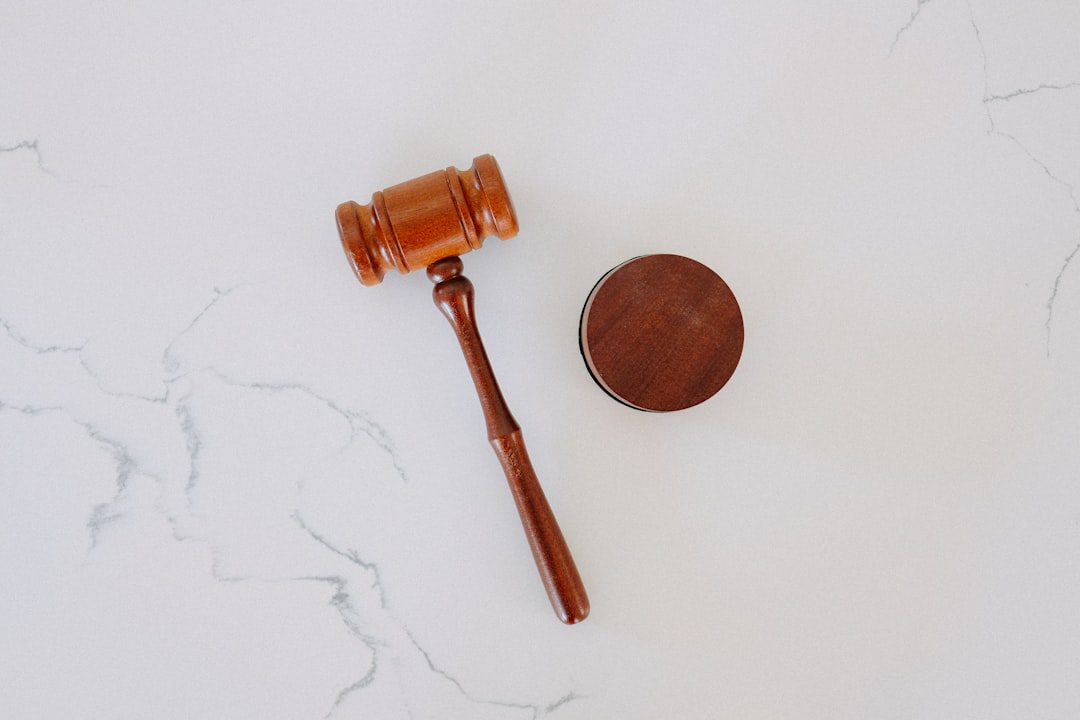The Attorney-Client Privilege is vital in Philadelphia PA rape cases, protecting victims' communications with lawyers and fostering trust. This privilege enables victims to disclose sensitive information freely, knowing it remains confidential, encouraging them to seek legal help. It's crucial for local rape attorneys to understand this privilege to protect client rights, build strong defenses, and ensure fairness for sexual assault survivors. Exceptions exist for criminal plans or suspected child abuse, but overall, the privilege safeguards private discussions between victims and their Philadelphia PA rape attorneys throughout legal proceedings.
“In Philadelphia, PA, navigating legal complexities in rape cases requires understanding the intricate dynamics of attorney-client privilege. This essential guide delves into the critical legal shield afforded to victims, clarifying how this privilege operates and who qualifies for its protection. We explore the fine line between maintaining confidentiality and discovering truth, highlighting exceptions and limits in Pennsylvania’s legal landscape. Armed with this knowledge, victims can confidently engage with their attorneys, ensuring justice in rape cases.”
What is Attorney-Client Privilege?

Attorney-Client Privilege is a fundamental principle in legal practice that safeguards communications between an attorney and their client. It ensures confidentiality, fostering trust and open dialogue. In the context of rape cases in Philadelphia, PA, this privilege plays a crucial role in protecting victims’ rights. When a survivor of sexual assault seeks legal counsel from a rape attorney in Philadelphia, any discussions related to the incident are kept private, allowing victims to share their stories without fear of exposure or judgment.
This privilege is vital for several reasons. Firstly, it encourages victims to come forward and report crimes by assuring them that their disclosures will remain confidential. Secondly, it enables attorneys to build robust defenses while ensuring client privacy. Understanding attorney-client privilege is essential for anyone considering legal action after a rape, as it outlines the boundaries of confidentiality between lawyer and client in Philadelphia, PA.
How Does It Apply to Rape Cases?

In the context of rape cases, Attorney-Client Privilege plays a crucial role in ensuring that victims receive adequate legal representation. When a victim of sexual assault consults with a lawyer in Philadelphia, PA, for guidance and counsel related to their case, this privilege comes into play. It shields communications between the victim and their attorney from disclosure in court or to third parties without consent. This is particularly important in rape cases where sensitive discussions about the incident, medical history, potential witnesses, and legal strategies are integral to building a robust defense or prosecution.
For rape attorneys in Philadelphia, PA, understanding this privilege is essential to protecting their clients’ rights. It allows victims to share crucial information freely, knowing that it will remain confidential. This privacy encourages victims to come forward and seek legal help without fear of their personal details being exposed. As such, Attorney-Client Privilege serves as a vital tool in the pursuit of justice for sexual assault victims, ensuring they have the best chance at a fair trial or resolution of their case.
Who Qualifies for Privilege Protection in PA?

In Pennsylvania, including Philadelphia, the attorney-client privilege is a legal protection that safeguards confidential communications between an attorney and their client. This privilege applies to all individuals seeking legal advice or representation in connection with a rape case or any other criminal matter. Anyone who has been a victim of rape or knows someone who has experienced this traumatic event can qualify for privilege protection when they consult with a rape attorney in Philadelphia, PA.
The key requirement is that the individual must have a reasonable expectation of privacy during their communication with the lawyer. This includes discussions about the facts of the case, potential legal strategies, and any evidence or witnesses involved. It’s crucial to remember that only communications made in confidence are protected under this privilege, ensuring victims can seek legal guidance without fear of their private information being disclosed.
Evidence and Discovery in Privileged Communications

In rape cases, understanding evidence and discovery processes is crucial for both attorneys and clients. In Pennsylvania, the attorney-client privilege plays a vital role in protecting confidential communications between a victim and their Philadelphia PA rape attorney. This privilege means that certain information shared during the legal process cannot be revealed without consent. It includes discussions about the incident, potential strategies, and any details that could aid in building a defense or prosecution case.
Discovery is a critical phase where both sides exchange relevant evidence and documents. However, privileged communications are excluded from this process. Attorneys must ensure they handle these conversations with care, maintaining confidentiality to safeguard their client’s interests. Understanding the limits of discovery helps rape victims navigate the legal system, knowing that certain discussions remain private and protected by law.
Exceptions and Limits of Attorney-Client Privilege

In the context of rape cases, while the attorney-client privilege is a critical legal protection, it’s not absolute. There are several exceptions and limits to this privilege. For instance, if a client discloses information related to planning or committing a crime, such as arranging for a cover-up or threatening witnesses, an attorney may be required to disclose that information to prevent harm. Similarly, in cases where child abuse is suspected, attorneys must cooperate with investigations, even if it means breaching the privilege.
Another significant limit arises when the client’s consent is lacking or unclear. If a rape victim consults an attorney but does not intend for all discussions to be confidential, or if the attorney believes the client lacks capacity to understand confidentiality, then certain communications might not be protected. These exceptions and limits ensure that justice can be served while maintaining the integrity of the attorney-client relationship in rape cases involving attorneys in Philadelphia, PA.






